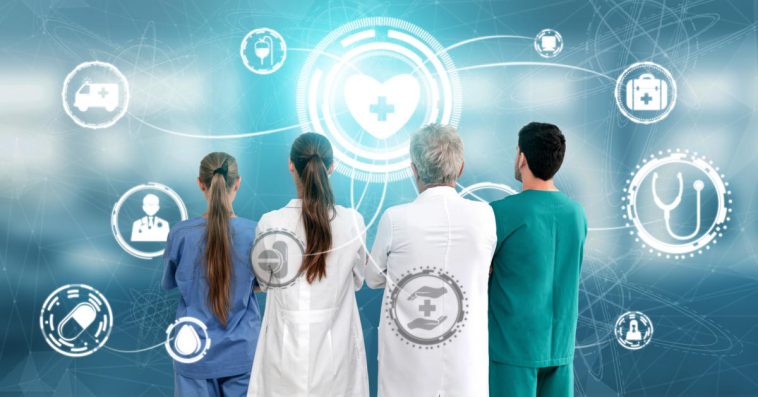Google and Jacaranda Health have embarked on an eight-month research project to transform maternal healthcare in Kenya. This initiative aims to harness the power of artificial intelligence (AI) to combat the high rates of maternal and neonatal deaths in the country.
Kenya faces significant challenges in providing adequate prenatal care. Traditional ultrasound machines are expensive, require specialized operators, and are vulnerable to frequent power outages. These factors have resulted in only 16% of pregnant women in Kenya having access to ultrasound services. Consequently, the country grapples with one of the highest maternal mortality rates globally.
The core of this project lies in testing new handheld ultrasound devices. These innovative tools are designed to be more portable, efficient, and user-friendly compared to their traditional counterparts. The integration of AI technology simplifies the process of obtaining and interpreting ultrasound images, enabling nurses and technicians to perform examinations with minimal training.
If successful, this technology could be a game-changer for maternal healthcare in Kenya and potentially across the entire region. The project addresses a critical gap in healthcare delivery, particularly in rural and underserved areas where access to specialized medical equipment and trained personnel is limited.
This initiative is part of Google’s broader public health programs in Africa. In Nigeria, the tech giant has partnered with the OnTIME Consortium to develop a tool that estimates average travel times to emergency obstetric care facilities. This project has been implemented in Nigeria’s 15 largest cities, potentially improving access to critical care for countless expectant mothers.
Google’s commitment to healthcare innovation in Africa extends beyond maternal care. In Uganda, the company has invested $1.5 million in Makerere University’s Ocular project. This AI-based program aims to enhance the diagnosis of Malaria, Tuberculosis, and Cervical Cancer. By combining smartphone technology with existing microscopes and AI-powered computer vision, the project creates a mobile microscopy solution, making advanced diagnostic tools more accessible in resource-limited settings.
The potential impact of these initiatives is substantial. According to a report by global policy consultancy Public First, every dollar invested in digital technology in Sub-Saharan Africa is expected to yield over two dollars for the region’s wider economy by 2030. This underscores the strategic importance of connectivity, cloud computing, and artificial intelligence in driving economic growth and improving quality of life across the continent.
As these projects unfold, they represent more than just technological advancements. They embody hope for millions of expectant mothers and their families, promising a future where quality healthcare is not a privilege but a right accessible to all. The success of these initiatives could pave the way for similar programs across other developing regions, potentially revolutionizing global maternal healthcare.





